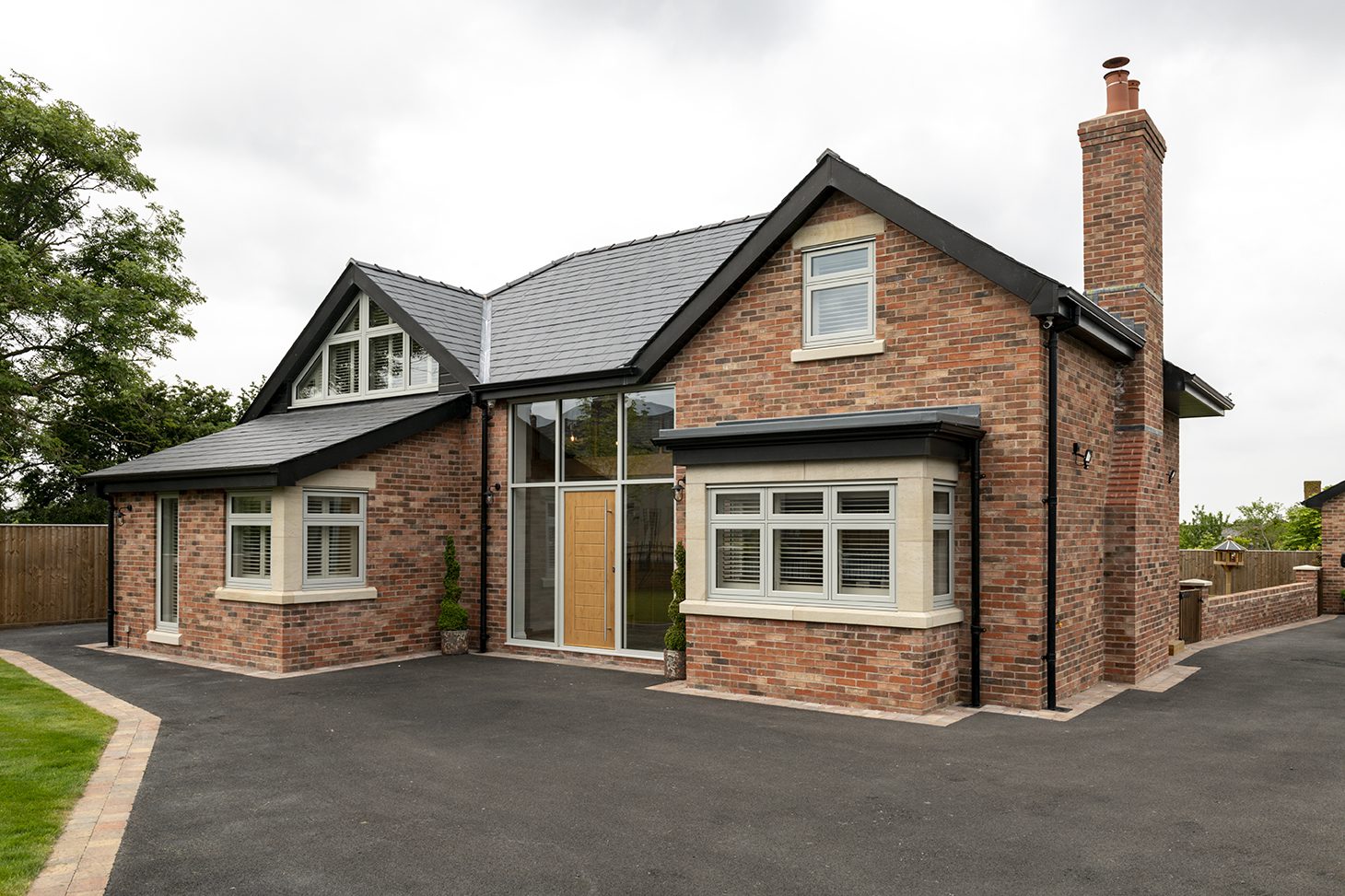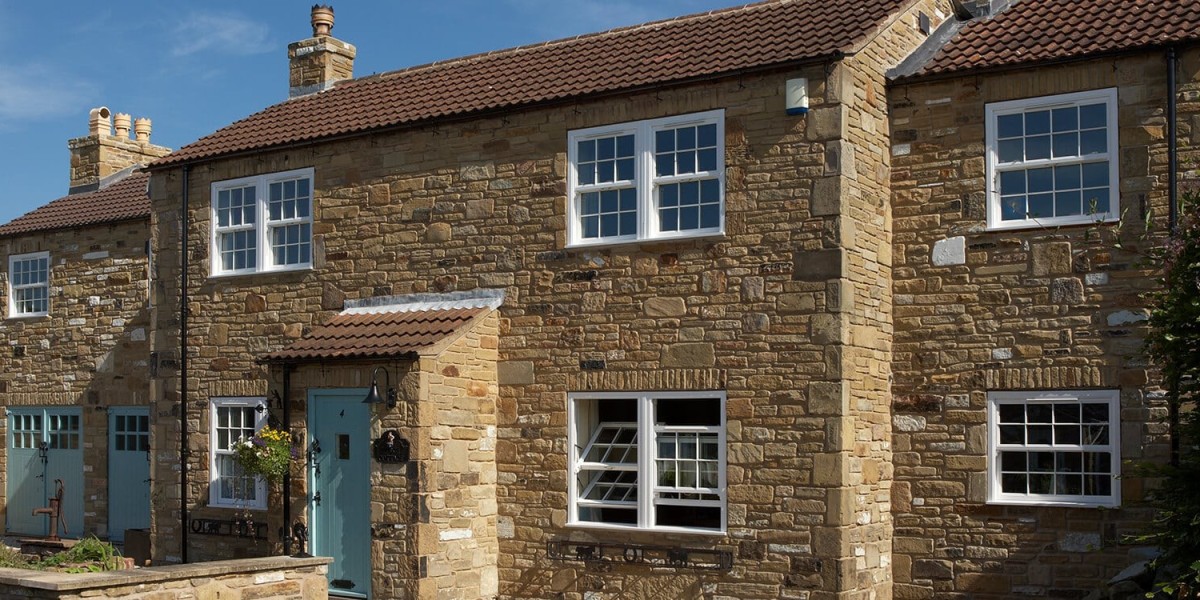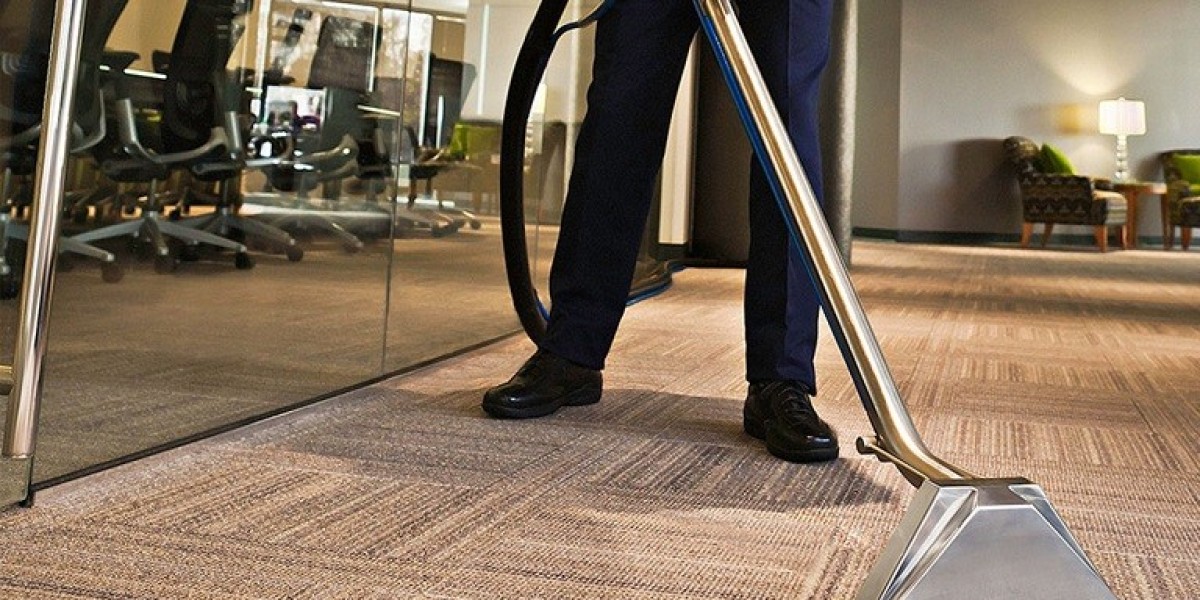Introduction
Window replacement is a significant aspect of home improvement that can enhance energy efficiency, increase property value, and improve aesthetic appeal. As windows are a primary point of energy loss in many homes, upgrading to modern, energy-efficient windows can lead to substantial long-term savings on heating and cooling costs. This article explores the various benefits of window replacement, including energy efficiency, improved comfort, noise reduction, and https://ipsnews.net/business/2025/02/27/choosing-the-right-double-glazing-company-a-comprehensive-guide/ aesthetic enhancement, while also considering the factors homeowners should evaluate when contemplating this investment.
Energy Efficiency
One of the most compelling reasons for window replacement is energy efficiency. Traditional single-pane windows allow a considerable amount of heat to escape during the winter months and let in unwanted heat during the summer. According to the U.S. Department of Energy, windows account for 25-30% of residential heating and cooling energy use.
Modern replacement windows are designed with advanced technologies, such as double or triple glazing, low-emissivity (low-E) coatings, and gas fills (argon or krypton) between panes. These features significantly reduce heat transfer, keeping homes warmer in winter and cooler in summer. As a result, homeowners can expect reduced energy bills and a smaller carbon footprint.
Comfort and Indoor Environment
In addition to energy savings, new windows can significantly enhance indoor comfort. Older windows often have drafts and poor insulation, leading to uneven temperatures throughout the home. Replacement windows can provide a more consistent indoor climate, contributing to overall comfort for occupants.
Furthermore, modern windows can improve the quality of natural light entering a home. Many replacement windows are designed to maximize daylight while minimizing glare, creating a brighter and more inviting living space. High-performance glass can also filter harmful ultraviolet (UV) rays, protecting furnishings and flooring from fading, while still allowing ample natural light to illuminate the interior.
Noise Reduction
Noise pollution is an increasingly prevalent issue in urban areas and near busy roads. Older windows may not provide adequate sound insulation, allowing external noise to infiltrate the home. Replacement windows, particularly those with double or triple glazing, can offer significant noise reduction benefits. The added layers of glass and the air or gas fills between them help to dampen sound transmission, creating a quieter and more peaceful indoor environment.
Homeowners living in noisy environments, such as near highways or airports, will find that investing in quality replacement windows can lead to a noticeable improvement in their quality of life.
Aesthetic Enhancement
Window replacement is also an opportunity to enhance a home's aesthetic appeal. Windows come in various styles, colors, and materials, allowing homeowners to choose options that complement their architectural style and personal taste. Whether opting for classic wooden frames, modern vinyl, or energy-efficient fiberglass, the right windows can significantly elevate the exterior appearance of a home.
Moreover, replacing old, worn-out windows can improve curb appeal, making the property more attractive to potential buyers. In many cases, new windows can provide a substantial return on investment, particularly in competitive real estate markets. According to Remodeling Magazine's Cost vs. Value Report, homeowners can expect to recoup approximately 70-80% of their window replacement costs upon selling their home.
Choosing the Right Windows
When considering window replacement, homeowners should evaluate several factors to ensure they select the best options for their needs:
- Energy Efficiency Ratings: Look for windows with the ENERGY STAR label and check their U-factor and Solar Heat Gain Coefficient (SHGC) ratings. A lower U-factor indicates better insulation, while an appropriate SHGC rating will help manage solar heat gain based on the local climate.
- Material Options: Common window materials include wood, vinyl, fiberglass, and aluminum. Each material has its advantages and disadvantages in terms of maintenance, durability, and aesthetics. Homeowners should choose a material that aligns with their preferences and budget.
- Window Styles: There are various window styles, including casement, double-hung, sliding, and bay windows. Each style offers different benefits in terms of ventilation, ease of use, and aesthetics. Homeowners should consider their functional needs and design preferences when selecting window styles.
- Professional Installation: Proper installation is crucial for maximizing the benefits of replacement windows. Homeowners should hire qualified professionals with experience in window installation to ensure that the windows are fitted correctly and meet building codes.
Conclusion
Window replacement offers numerous benefits, including improved energy efficiency, enhanced comfort, noise reduction, and aesthetic appeal. By investing in modern, energy-efficient windows, homeowners can enjoy lower energy bills, a more comfortable living environment, and an increase in property value.
When considering window replacement, it is essential to evaluate energy efficiency ratings, material options, window styles, and the importance of professional installation. By making informed choices, homeowners can ensure that their investment in window replacement pays off in both the short and long term, contributing to a more sustainable and enjoyable living space.
References
- U.S. Department of Energy. (n.d.). Energy Saver: Windows.
- Remodeling Magazine. (2021). Cost vs. Value Report.
- ENERGY STAR. (n.d.). Windows.








